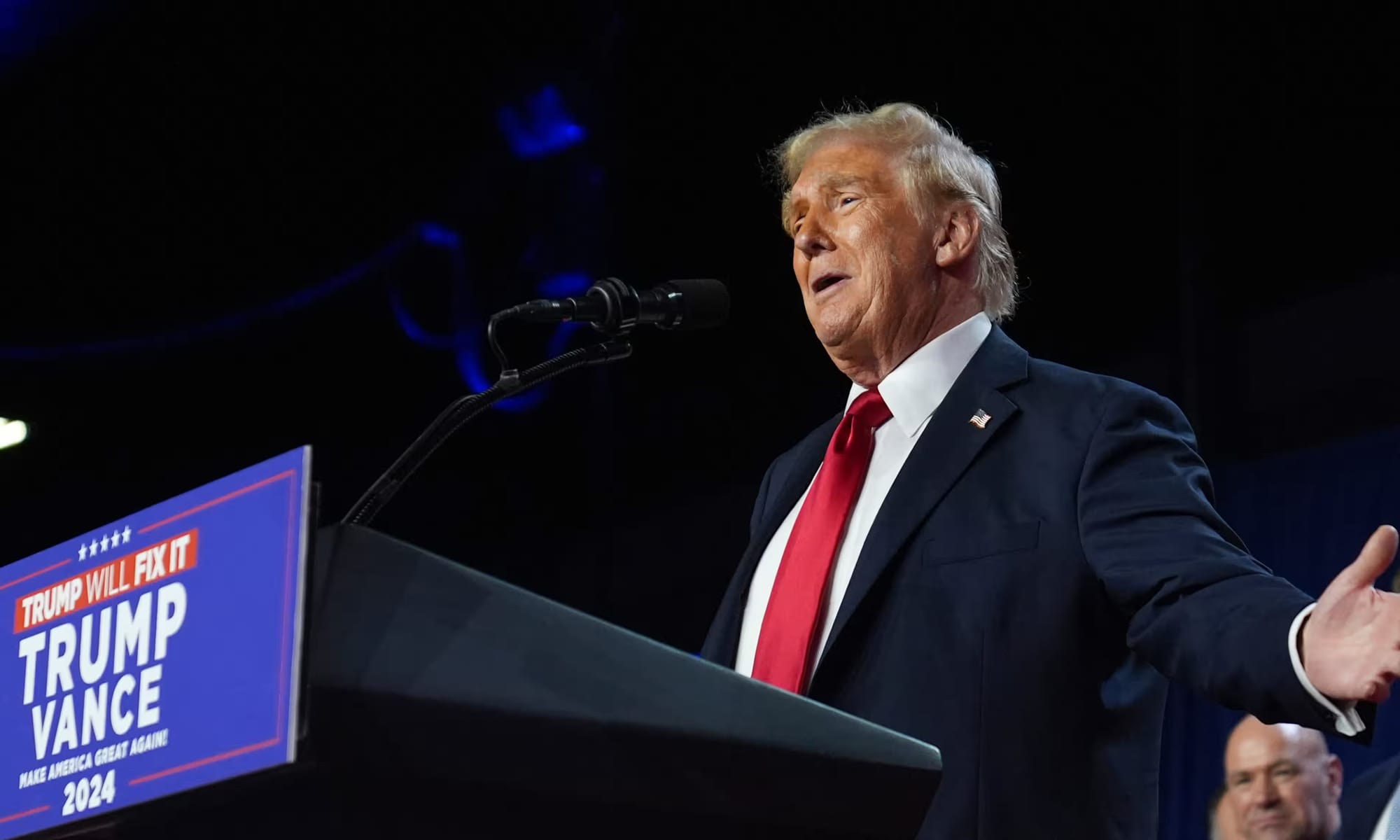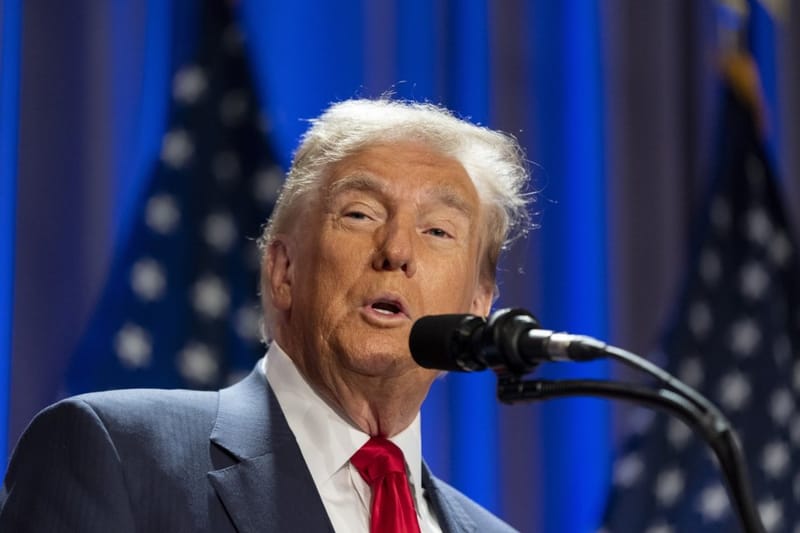Inflation pain helped secure Trump win but his policies mean higher prices
The man who will become his country’s 47th president has made no secret of what he plans to do: cut taxes, impose heavy tariffs on imported goods, place curbs on migration, and slash red tape.

The financial markets reacted swiftly to Donald Trump’s return to the White House, with higher share prices, a stronger dollar, and expectations of slower interest rate cuts.
Trump, who is set to become the 47th president of the United States, has been open about his plans: reducing taxes, imposing heavy tariffs on imports, restricting migration, and cutting regulations. These moves, while popular with his base, are expected by most economists to be detrimental to global economic growth. Despite his appeal to voters disillusioned by rising living costs under Joe Biden, Trump's economic strategies are likely to lead to higher consumer prices.
However, by implementing protectionist policies and slashing corporate taxes, Trump's measures are expected to boost profits for U.S. companies. As a result, Wall Street is anticipating a rally when trading resumes.
The expectation of rising inflation has led to speculation that the U.S. Federal Reserve will be more cautious about cutting interest rates. While financial markets still expect a 0.25 percentage point rate cut on Thursday, the outlook for future cuts has become uncertain.
This anticipation of higher U.S. borrowing costs for a longer period quickly impacted currency markets, driving the U.S. dollar up, particularly against the euro. The eurozone, struggling more than the U.S. since the end of the pandemic, faces increased vulnerability to the tariffs Trump has promised, including a 60% tariff on Chinese goods and a 10% tariff on goods from other countries.
After weeks of uncertainty, markets were relieved that Trump's victory seemed decisive. However, as investment strategist Lindsay James from Quilter Investors pointed out, the economic impact of Trump's presidency is expected to be volatile. “While he and figures like Elon Musk aim to reduce the size of government, public spending is likely to remain high and taxes low. Many of his policies will be inflationary, potentially pushing up bond yields and putting pressure on the Federal Reserve as it tries to lower interest rates.”





